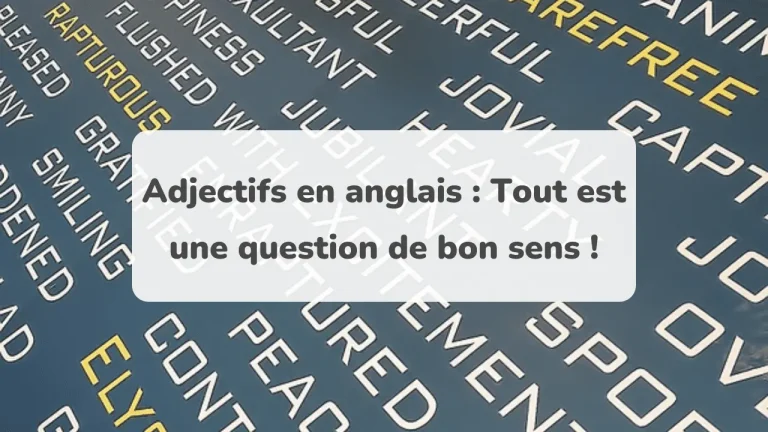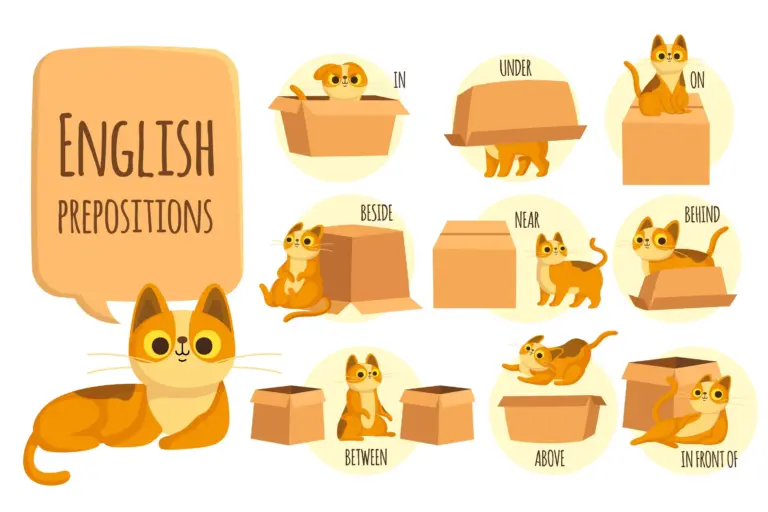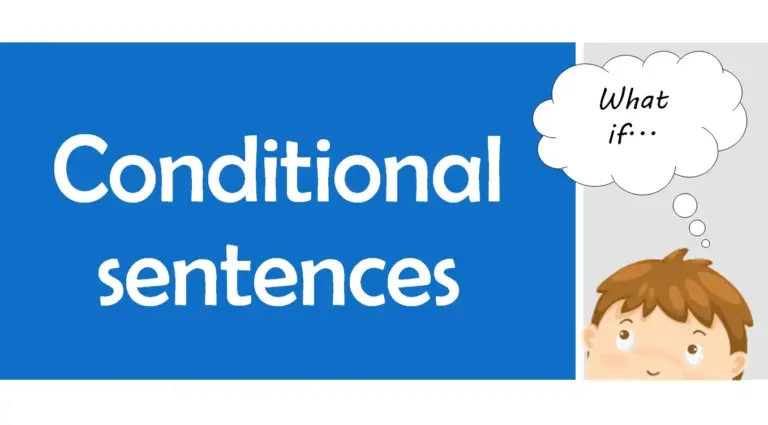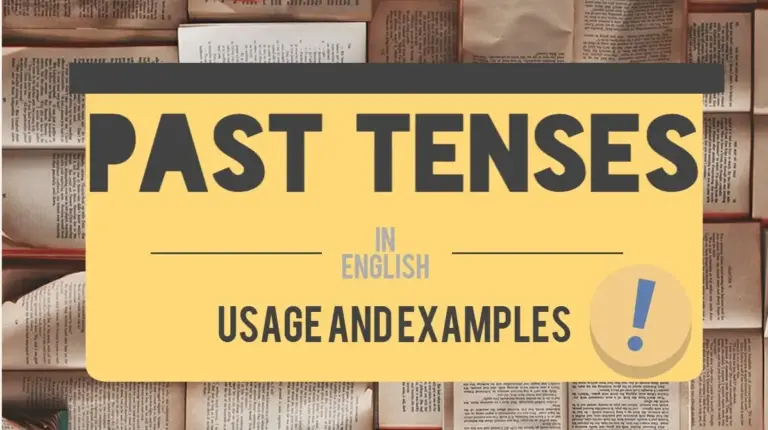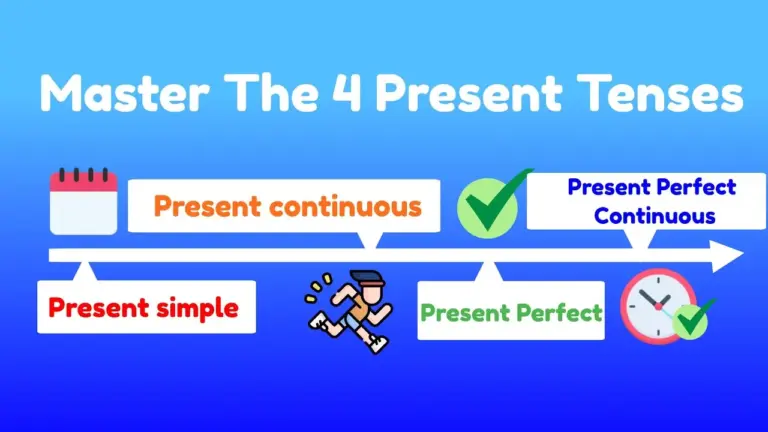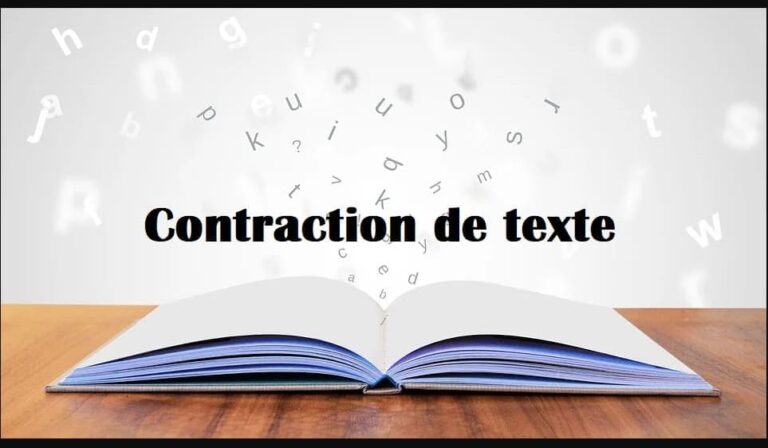La traduction est un art subtil qui requiert non seulement une excellente maîtrise des langues, mais aussi une compréhension approfondie des nuances culturelles et linguistiques.
Dans cet article, nous allons explorer en détail le système de correction utilisé dans le milieu académique pour évaluer les traductions, en mettant l’accent sur la méthode des points-fautes. Cette approche vous aidera à mieux comprendre les attentes des correcteurs et à affiner vos compétences en traduction.
Le système de points-fautes : une approche équitable et objective
Le système de points-fautes est conçu pour évaluer les traductions de manière objective et équitable. Voici comment il fonctionne :
- Vous commencez avec une note parfaite de 20/20.
- Des points sont déduits pour chaque erreur identifiée dans votre traduction.
- Le nombre total de points-fautes détermine votre note finale.
Calcul de la note finale
La détermination de la note finale implique un processus statistique :
- Un écart-type est calculé à partir des nombres de points-fautes les plus bas et les plus élevés de l’ensemble des copies.
- Cet écart-type sert à établir la moyenne de la classe.
- Les copies sont classées en fonction de leur nombre de points-fautes.
Il est important de noter que :
- Si votre nombre de points-fautes est inférieur à l’écart-type, votre note sera supérieure à la moyenne.
- Même avec quelques erreurs, vous pouvez obtenir 20/20 si vous avez le moins de points-fautes de la classe.
Barème détaillé des points-fautes
Chaque jury peut avoir son propre barème, mais voici un exemple typique des pénalités appliquées :
| Type d’erreur | Points de pénalité | Exemple |
|---|---|---|
| Omission (OM) | 10 à 200 | Oublier de traduire une phrase entière |
| Non-sens (NS) | 10 | “The dog barked at the moon” → “Le chien a aboyé à la lune” (correct) vs “Le chien a aboyé sur la lune” (non-sens) |
| Barbarisme (Barb) | 10 | “He went” → “Il alla” (correct) vs “Il allat” (barbarisme) |
| Grammaire (G) | 10 | “The cats are playing” → “Les chats jouent” (correct) vs “Les chats joue” (faute de grammaire) |
| Syntaxe (Syn) | 6 à 8 | “I often go there” → “J’y vais souvent” (correct) vs “Je vais souvent là” (syntaxe maladroite) |
| Temps (Tps) | 6 à 8 | “I have been living here for 10 years” → “J’habite ici depuis 10 ans” (correct) vs “J’habitais ici depuis 10 ans” (faute de temps) |
| Contresens (CS) | 6 à 8 | “He missed the point” → “Il n’a pas compris” (correct) vs “Il a raté le point” (contresens) |
| Calque (C) | 4 à 6 | “It’s raining cats and dogs” → “Il pleut des cordes” (correct) vs “Il pleut des chats et des chiens” (calque) |
| Très mal dit (TMD) | 4 | “He’s a jack of all trades” → “Il est touche-à-tout” (correct) vs “Il est un jacques de tous les métiers” (très mal dit) |
| Très inexact (Tinex) | 4 | “She’s a brilliant scientist” → “C’est une scientifique brillante” (correct) vs “C’est une scientifique intelligente” (très inexact) |
| Faux sens (FS) | 2 à 6 | “He was blue” → “Il était triste” (correct) vs “Il était bleu” (faux sens) |
| Sous-traduit/Sur-traduit (ST) | 2 à 4 | “He ran quickly” → “Il courut” (sous-traduit) ou “Il courut à toute vitesse comme s’il avait le diable aux trousses” (sur-traduit) |
| Mal dit (MD) | 2 | “It’s a piece of cake” → “C’est du gâteau” (correct) vs “C’est une pièce de gâteau” (mal dit) |
| Inexact (Inex) | 2 | “She’s pretty” → “Elle est jolie” (correct) vs “Elle est belle” (inexact) |
| Orthographe/Ponctuation (o/p) | 1 à 3 | “Il était une fois” → “Il étai une fois” (faute d’orthographe) |

